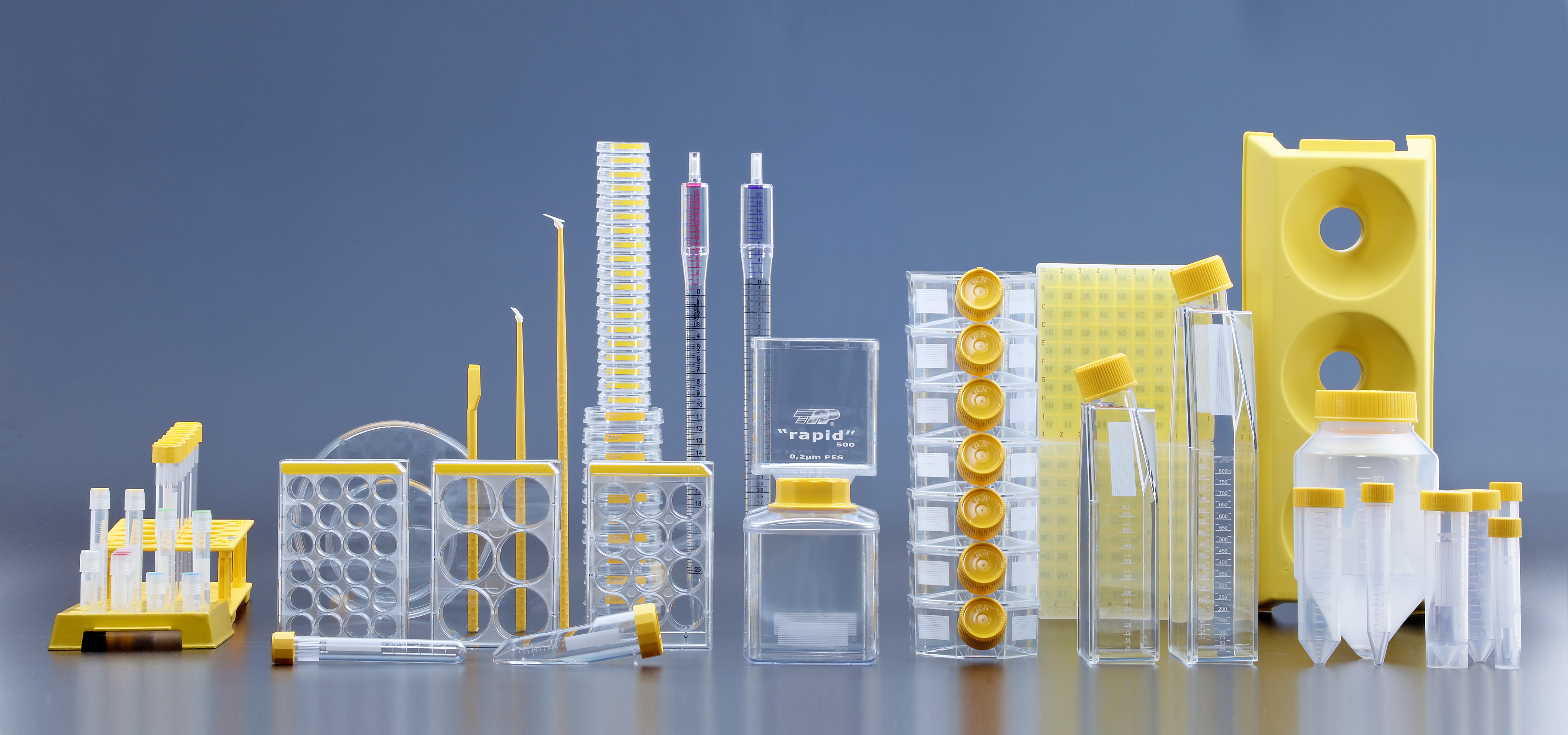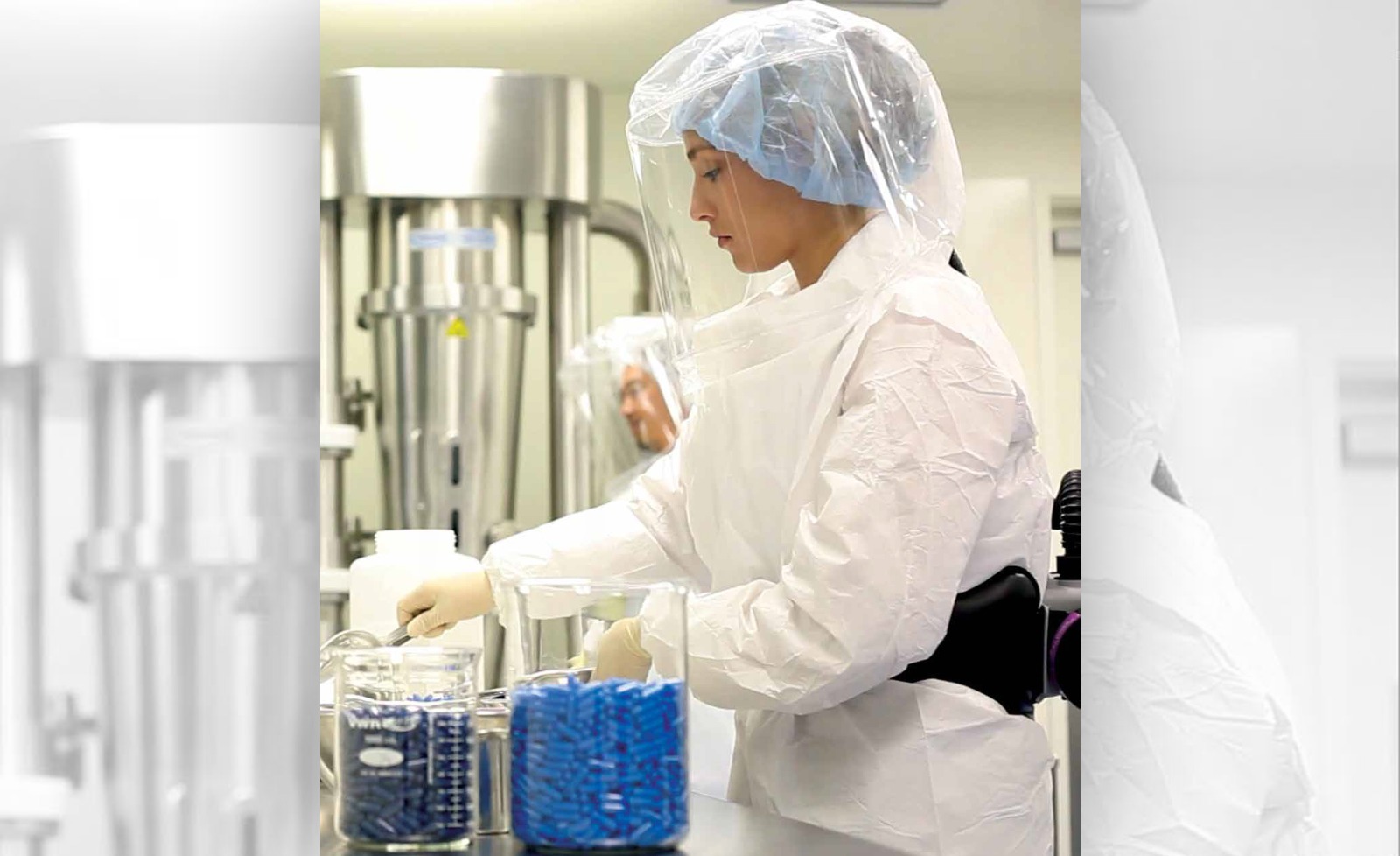All TPP products are manufactured completely from synthetic raw material and do not contain any substances derived from animal origin. The virgin raw materials are certified medical grade and fulfill the requirements of USP Class 6 and Class 1 medical devices according to directive 93/42. They are not derived from specific-risk materials as defined in European Commission Decision 97/534/EC.
The manufacturing process does not use any
chemical substances, additives or ingredients of animal origin nor do TPP
products come in contact with animal products during storage and
transportation.
TPP products are free from BSE (Bovine Spongiform Encephalopathy) and TSE (Transmissible Spongiform Encephalopathy).
|
Heat Heat resistance |
|
|
Polyethylene |
Permanent loading: 70 - 80
°C / 158 - 176 °F, (short term max 100 °C / 212 °F), cannot be autoclaved |
|
Polypropylene |
Permanent loading: 100 -
110°C / 212 - 230°F, (short term max 140°C / 284°F), can be autoclaved |
|
Polystyrene |
Permanent loading: 60 - 70
°C / 140 - 158 °F, (short term max 80 °C / 176 °F), cannot be autoclaved |
|
Low temperature resistance |
|
|
Polyethylene |
-40 °C / -104 °F |
|
Polypropylene |
-190 °C / -374 °F |
|
Polystyrene |
-40°C / -104 °F |
|
Optical
Properties |
|
|
Polyethylene |
translucent to opaque |
|
Polypropylene |
translucent, shiny surface |
|
Polystyrene |
transparent, shiny surface
with 90 % transparency index at 400 - 800 nm |
|
Mechanical
Properties |
|
|
Polyethylene |
low tensile strength and
surface hardness; high ductility at soft and harder levels; low resistance to
stress cracking; water repellent; susceptible to electrostatic charging |
|
Polypropylene |
high fracture strength;
dimensionally stable; high stiffness, strong and hard |
|
Polystyrene |
low fracture ductility;
low warm strength; excellent electrical insulation properties; not suitable
for use at high centrifugal loads |
|
Chemical Resistance |
|
|
Polyethylene |
exhibits high resistance; dilute acids,
alkalis, alcohol; oil and salt solutions do not attack, concentrated and oxidising
acids such as nitric acid and the halogens, lead to disintegration |
|
Polypropylene |
high resistance to aqueous solutions of
organic salts, acids and alkalis, as well as to organic solvents up to 60 °C;
stable in alcohols, esters and ketones; aromatic and halogenated
hydrocarbons, oxidising substances such as concentrated nitric acid and at
higher temperatures, fats, oils and waxes all lead to swelling |
|
Polystyrene |
high resistance to salt and caustic
solutions, non-oxidising acids, alkalis and alcohols. Petroleum spirit,
ethereal oils, strongly oxidising agents and aromatic attack and give rise to
stress cracking |
|
Disposal |
|
|
PE / PP / PS |
all raw materials are pure hydrocarbon
compounds and therefore neutral to the environment. No harmful substances are
generated during controlled burning. |





